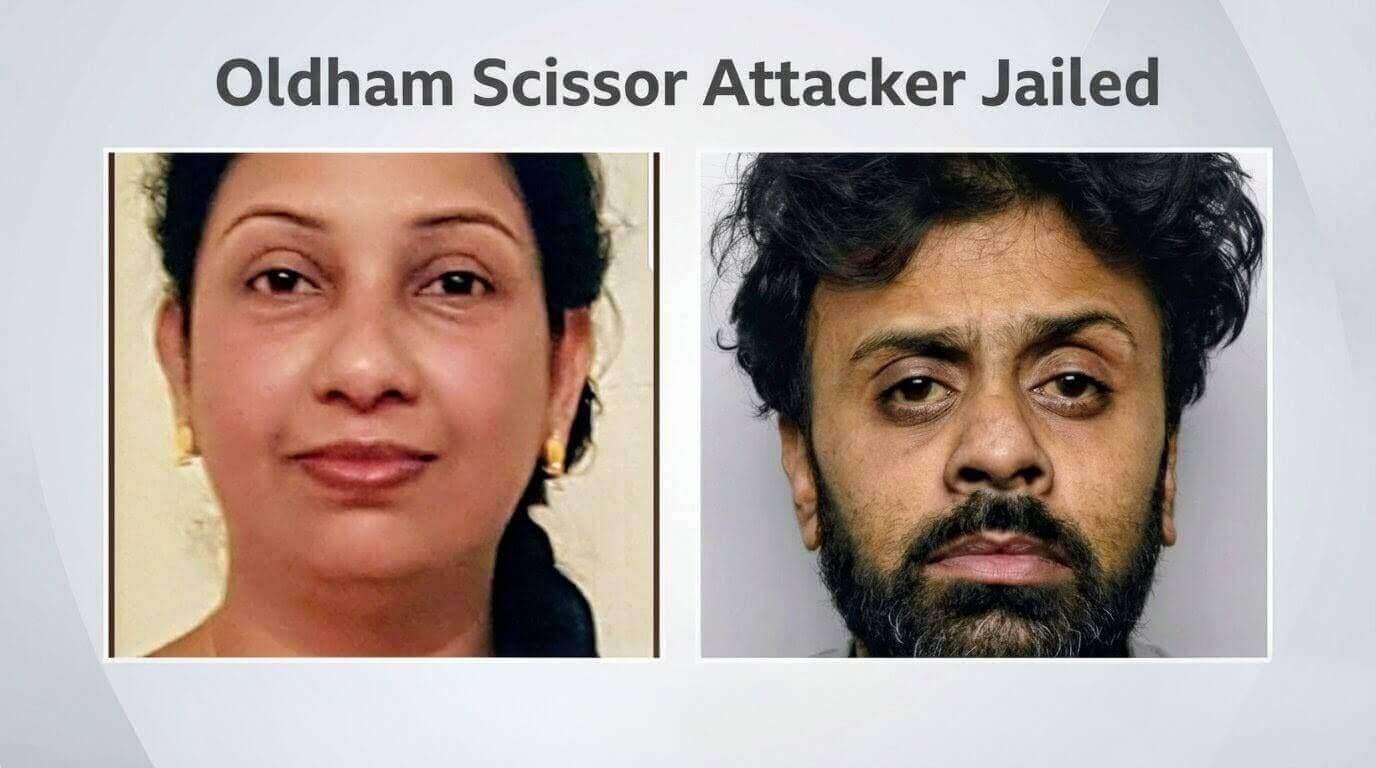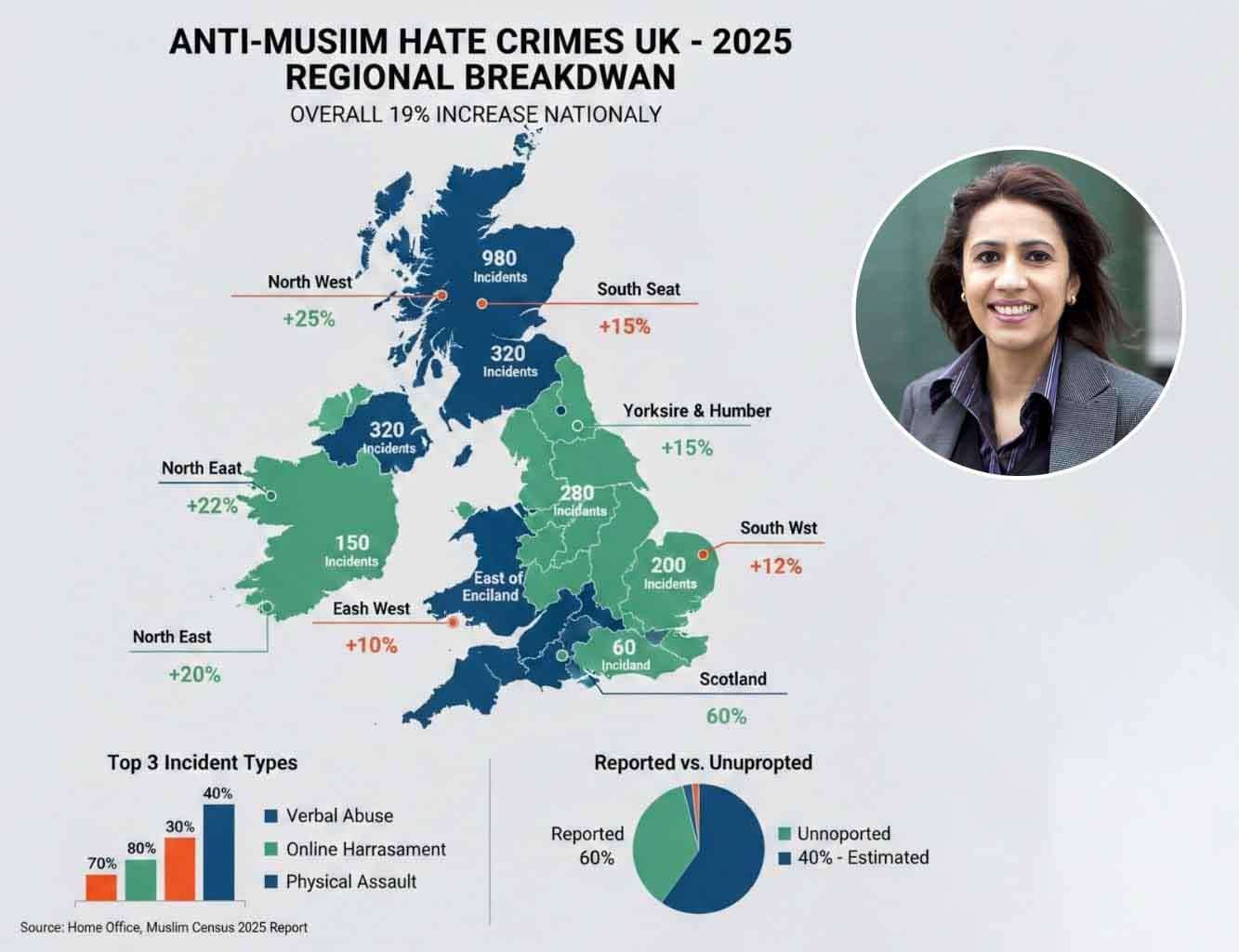Family Launches Legal Action Over Physician Associate's Fatal Misdiagnosis, Demanding Stricter Regulation-The heartbroken parents of Emily Chesterton, a 30-year-old woman who tragically died after alleged misdiagnosis by a physician associate (PA), are taking legal action against the General Medical Council (GMC) in a bid to prevent similar tragedies and honour their daughter's memory. Marion and Brendon Chesterton, supported by Anaesthetists United and the British Medical Association (BMA), argue that the GMC has failed in its duty to properly regulate PAs and anaesthesia associates (AAs), leading to a dangerous blurring of lines between these roles and those of fully qualified doctors, Daily Dazzling Dawn understand.
Speaking outside the Royal Courts of Justice, Marion Chesterton poignantly stated, "To lose a child is so painful... However, to lose a child and then discover it was avoidable is the worst pain ever." The couple insists their legal challenge is driven by a desire to ensure no other family endures the same suffering. "We do not want anyone else going through the torture we have endured. Physician associates and anaesthesia associates must be regulated thoroughly, they must be properly supervised," Mrs. Chesterton asserted.
Emily Chesterton died in November 2022 after reportedly being misdiagnosed twice by a PA whom she believed was a GP. This devastating experience has spurred her parents to demand the GMC produce a clear "scope of practice" document outlining the permissible activities for PAs and AAs. They argue this is crucial for ensuring patient safety and providing clarity on the responsibilities and limitations of these roles.
Their legal representative, Thomas De La Mare KC, told the court that the case "is critically about risk and about the regulation response to risk," arguing that the GMC is "failing to fulfil its regulatory role on an ongoing basis." He further contended that the GMC has failed to provide adequate guidance or standards for supervising doctors or the associates themselves, and that their foundational assumption that the existing regulatory system for doctors would suffice for associates is "fundamentally flawed."
However, Rory Dunlop KC, representing the GMC, countered that imposing "rigid" limits on PAs and AAs through a defined scope of practice might not be in the public interest. He suggested it could hinder their skill development and prevent them from undertaking tasks they are competent to perform under supervision, potentially negatively impacting the already strained resources of the NHS and doctors' capacity to handle complex cases. He also noted that no party involved believes the GMC is best placed to define the scope of practice for these roles.
Mrs Justice Lambert, presiding over the hearing, acknowledged the significance of the case, stating, "This case is not just about regulation of assistants, it is about regulation of the medical profession, and that is how I see it." The hearing is expected to conclude on Thursday, with a written decision to follow at a later date. The Chestertons' unwavering determination underscores the urgent need for clarity and robust regulation surrounding the expanding roles of physician and anaesthesia associates within the healthcare system.
Meta Description:
Grieving parents sue the GMC after their daughter's fatal misdiagnosis by a physician associate, demanding clearer regulation and a defined scope of practice to prevent future tragedies.
Meta Keywords:
physician associate, PA, anaesthesia associate, AA, misdiagnosis, General Medical Council, GMC, legal action, patient safety, regulation, Emily Chesterton, medical error, NHS, scope of practice








.svg)

.jpg)
